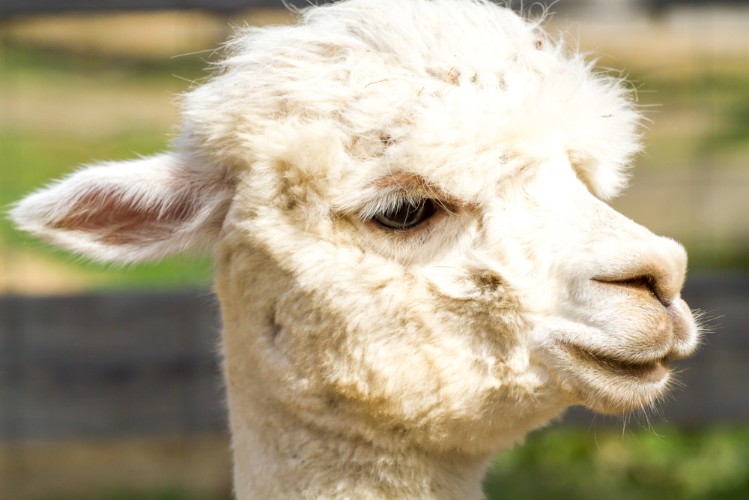Looking for an adventure? Alpaca my bags!
Recently I was forced to make some decisions about my retirement savings. There are a lot of options for what you can do with your money, some familiar, like IRAs and 401Ks, and some less familiar, like ROBS and self-directed IRAs.
And then there are some even less traditional options like traveling the world.
My non-traditional idea? Alpaca farming. It’s something I’ve joked about quite a bit, but I wondered what it would take to really make that happen. So, I looked into it. If you’re also interested, alpaca farming is a possible investment with a Self-Directed IRA.
Alpaca Farming as an Investment
Turns out alpaca farming can be big business, unless you’re buying one as a pet. Some experts claim alpaca don’t make good pets, so we’ll focus only on farming alpaca as an investment. These animals love company, so you’ll want to get more than one. Non-breeding fiber alpaca will cost less, high quality breeders will cost more. While you can get one for $800, there are more expensive alpaca that cost $5,000. And a prize-winning stud could cost as much as $11,000.
Farm Credit unions, like Farm Credit, often make loans for an agricultural business, and can be a help for gaining capital. The cost of an alpaca will vary greatly depending on breed, color, bloodline, fleece quality, gender, age, seller, and location.
There are two main breeds of alpaca: huacaya, which make up about 80% of the market, with fluffy, crimped fleece that’s good for knitting; and suris, which have silky, heavy wool that hangs down creating a shaggy look. Living about 15-20 years, and reaching weights of almost 200 pounds, alpaca can reach heights of almost five feet.
Buying and Choosing the Right Land for Alpaca
Land is a major consideration as well. While you can keep approximately 7 – 10 alpaca on an acre, you need to make sure there’s space enough for barns and pens. The barn type will depend on the weather location where you are raising them.
Alpaca are originally from the Andes mountains, but can adapt well to other climates. In a warm weather area, a three sided barn may suffice to keep the animals and their heavy coats out of the worst heat of the days. In cold weather environments, a full barn may be needed to keep the alpaca out of the cold, wind, and snow. There also needs to be enough room for medical or veterinary procedures to occur within the barn.
Good news: if you have a Self-Directed IRA, when you use retirement funds to purchase farm land, you can generate passive income and the income or gains the investment generates will be tax-deferred. Or if you have a Self-Directed Roth IRA, the income or gains will be completely tax-free.
Besides the land, the type of land can affect the animals as well. Flat and grassy? Rocky and rough? Find the best terrain for these animals, and they can live long and healthy lives. Alpaca will graze on grass and hay, and will need a water source. Additionally, they will need pens, as many as four. One each for breeding males and females to be kept separate, another for weening age alpacas, and a last for younger males to keep them away from aggressive breeders.
Vets and Other Expenses to Consider
A fence will be needed to keep your investment from running off and escaping. It should be about 4 to 5 feet tall and with slats close together so the alpaca don’t get their heads caught between them. Alpaca can twist and struggle when they get caught in something, and you don’t want them to injure themselves.
You’ll need a veterinarian to care for your new investment. Assuming you buy your alpaca from a reputable breeder you should have health information, medical procedures, and warranty information for your animals, all of which a good vet can help maintain. Many breeders will offer limited boarding, delivery, support, training and mentorship once you purchase your alpaca.
Spending your retirement caring for alpaca is just one more thing you can do with your retirement savings.










